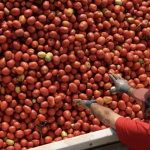Why Regenerative Farming Must Begin with Soil Health
Added 2 years ago
By Hawke's Bay Future Farming Trust
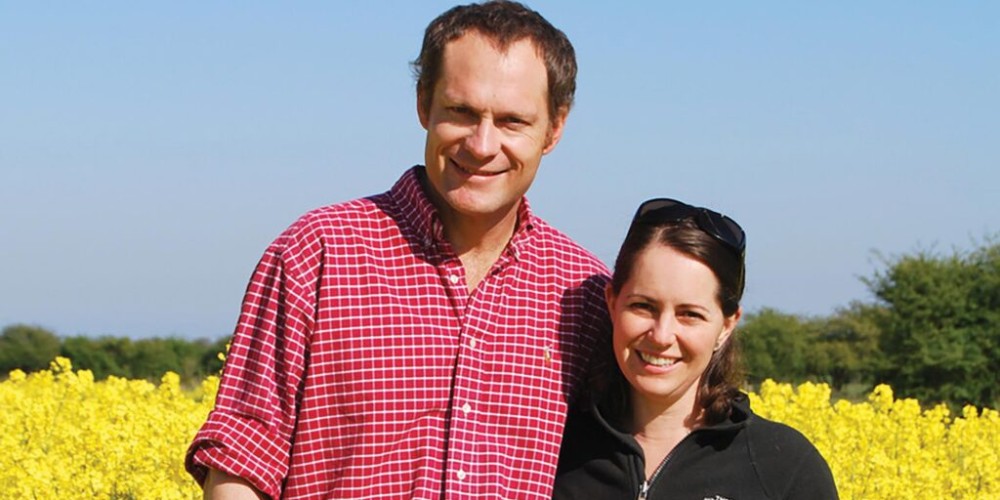
Farmers adopting a regenerative farming system should prioritize enhancing soil functionality and be patient, as the benefits take time to manifest, advises a leading consultant.
Focus on Soil Health Starting with soil health ensures that practices such as zero-tillage, cover crops, and diverse rotations contribute to this goal, ultimately increasing farm resilience. This approach also underpins broader social and environmental benefits expected from modern food production.
Systems Approach Regenerative agriculture is a holistic system, not merely a change in cultivation practices, emphasizes James Warne of Soil First Farming. Building carbon in the soil requires time and meticulous attention to detail. While the movement initially grew from ideology and personal preference, financial incentives like the Sustainable Farming Incentive (SFI) are now encouraging wider adoption.
Starting Point For beginners, Warne recommends a gradual approach rather than overhauling the entire farm. Introducing the new system at a specific point in the crop rotation helps manage risks and provides a clear timeline. For example, starting with wheat after oilseed rape can be effective, especially if the soil is in good condition after the oilseed rape harvest.
Catch Crops Warne advises using catch crops if there's a gap of more than three weeks between harvest and the next cash crop. Fast-growing, inexpensive crops like mustard can cover the ground quickly, capturing carbon and maintaining soil health. However, in wet conditions, they can delay soil drying, so timing and placement are crucial to avoid compaction.
Yield and Input Myths Contrary to popular belief, yield dips are not inevitable, and input reductions should not be expected immediately. Building carbon in the soil often increases nitrogen requirements initially, though insecticides can be reduced sooner due to healthier and more diverse crops. Savings are more likely to come from reduced diesel and labor costs than from input reductions.
Equipment Considerations Investing heavily in new drills is unnecessary at the outset. Many farms can modify existing equipment for minimal cost, and Warne has observed excellent results from such conversions, particularly in suitable conditions.
Heavy Soils Regenerative practices often excel in heavy soils, even in wet seasons, by improving natural structure and drainage through reduced trafficking and increased organic matter.
Case Study: Gary Willoughby, East Lincolnshire Gary and Debbie Willoughby have seen significant soil improvements and increased biodiversity since adopting regenerative practices four years ago. They successfully integrated the Sustainable Farming Incentive with their system, using companion cropping, overwinter cover crops, and eliminating insecticides. Despite initial challenges, they anticipate further benefits with the new SFI actions and have developed custom drills tailored to their farm's needs.
Overall, regenerative farming's focus on soil health provides a foundation for resilient agriculture, environmental benefits, and potentially profitable practices as financial incentives become more prevalent.
Join the conversation
Be the first to leave a comment.
Leave a comment
All comments are reviewed before they are published on the website. Your email address will not be published.
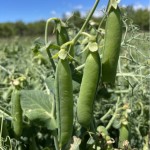
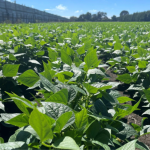
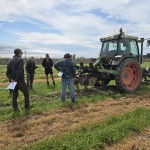
Community Engagement and Knowledge Sharing Strengthen the Carbon Positive Project
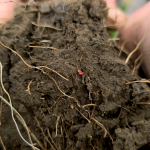
Are We Changing Soil Carbon Yet? Three Years In, the Jury’s Still Out

Farewell to Trustee Phil Schofield – A Foundational Leader of the HBFFCT
